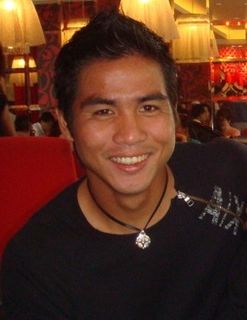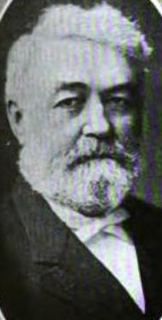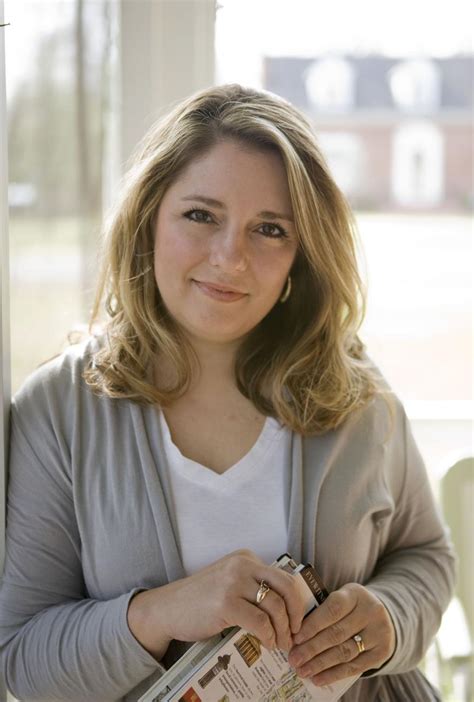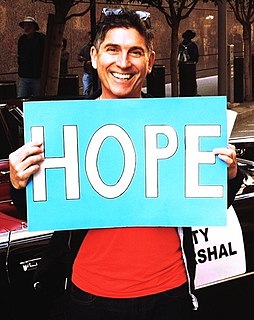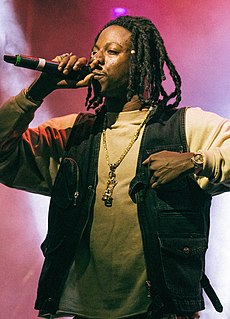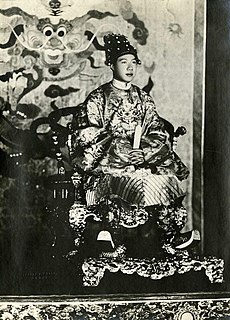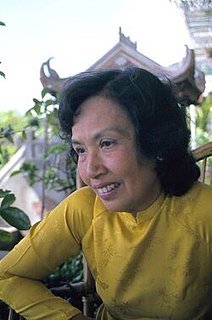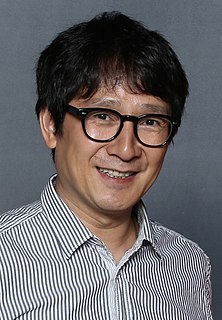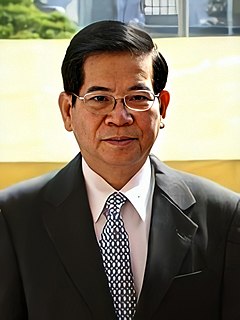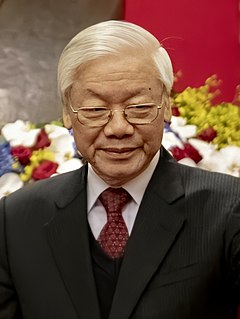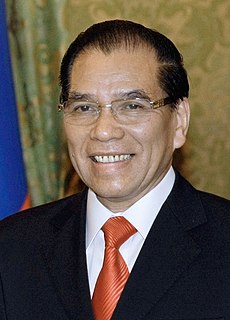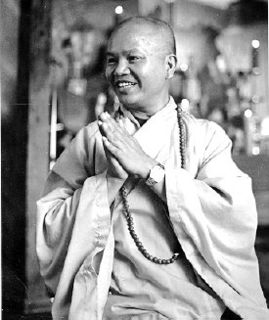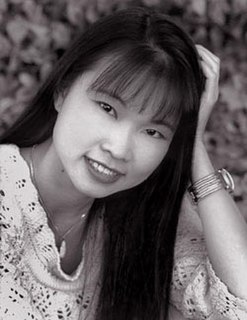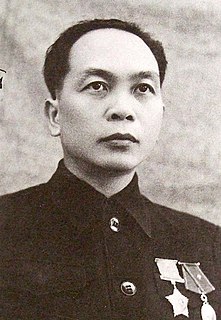A Quote by Nguyen Viet Thang
I think all immigrants and refugees are preoccupied with memories to one degree or another. But again, this question of how much to remember and how much to forget is really aggravated for those who have lost a tremendous amount.
Related Quotes
Immigrants who come to a country are going to lose something, for sure, but they hope to gain a great deal by making this journey, whereas refugees by definition have lost a tremendous amount - not just country and society, but also more personal things like careers, prestige, status, relatives, identities. This inevitably makes the longing to remember the past even more powerful among refugees, to the point of often debilitating them.
Sexuality is a place where people are very vulnerable and can be experiencing and embodying very raw forces that they don't really understand and there's a question of how much you should control and how much you should play with those and what those forces really are, how you really feel about them. That's perennial.
You can start over again! Don't even think about quitting now! It is easy to replay in your mind how things did not work, how much you lost, what you are going through, how angry you are. There is no amount of conversation or magic that is going to wipe the slate clean. You are wasting valuable time and energy that could be used to regain a new normal and start another version of your life. Even though you are hurt and you may be feeling down — stop kicking yourself! Face what has happened. Make the decision to start over again.
How much can we ever know about the love and pain in another's heart? How much can we hope to understand those who have suffered deeper anguish, greater deprivation, and more crushing disappointments than we ourselves have known? Even if the world's rich and powerful were to put themselves in the shoes of the rest, how much would they really understand the wretched millions suffering around them? So it is when Orhan the novelist peers into the dark corners of his poet friend's difficult and painful life: How much can he really see?
When I was thinking about all the things that the world had forgotten, it made me think about people who have actually really forgotten everything, and how much of our identity is wrapped up in those memories, and how much of our experience makes us who we are, and remembering those experiences makes us who we are.
We have different expectations for different groups of people. We tend to modulate the degree with which we're forgiving or punitive depending on how well we know folks, or how much we consider them peers, or how much social capital we've invested in them. That has to do with race, class, gender, and socioeconomic status. We have a tendency to bend over backwards to forgive folks we think of as part of "the us." The question of who we define as "the us" is a lot of what constitutes how we punish who we punish.
This is how it works. I love the people in my life, and I do for my friends whatever they need me to do for them, again and again, as many times as is necessary. For example, in your case you always forgot who you are and how much you're loved. So what I do for you as your friend is remind you who you are and tell you how much I love you. And this isn't any kind of burden for me, because I love who you are very much. Every time I remind you, I get to remember with you, which is my pleasure.
I was watching lectures by Malcolm X, Martin Luther King, Dr. Sebi and Umar Johnson. It's super mind opening when you listen to those words and think about how much they still resonate today. Think about how true those words are, and how much they predicted the future. That was what was really mind-boggling to me.
Because everybody who has ever lost their way in life has felt the nagging insistence of that question. At some point we all look up and realize we are lost in a maze, and I dont want us to forget Alaska, and I don't want to forget that even when the material we study seems boring, we're trying to und3erstand how people answered that question and the question each of you posed in your papers--how different traditions have come to terms with what Chip, in his final, called 'people's rotten lots in life.
I don't really remember the day we lost our home in the floods, but looking back I can understand how devastating it was for my parents. I was only six, so I remember us having to move to Adelaide - but not much of the actual day and night of the flood. We had to start all over again and my parents opened a cafe.
I think character is very much a product of where you live, who you are, what is happening in that time of your life, and I'm interested in those pressures, those forces. A political context, a social context, really determines if not who people are then how they treat one another and what they say, how they speak.
I do forget sometimes how much it means for certain men—for certain people—to be able to provide their loved ones with material comforts and protection at all times. I forget how dangerously reduced some men can feel when that basic ability has been stripped from them. I forget how much that matters to men, what it represents.
